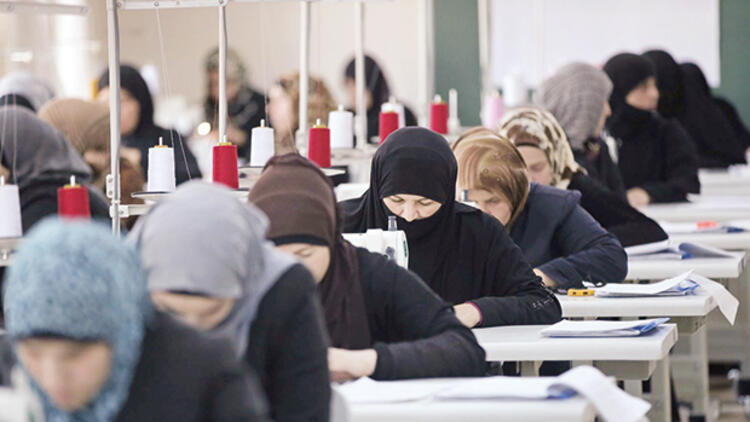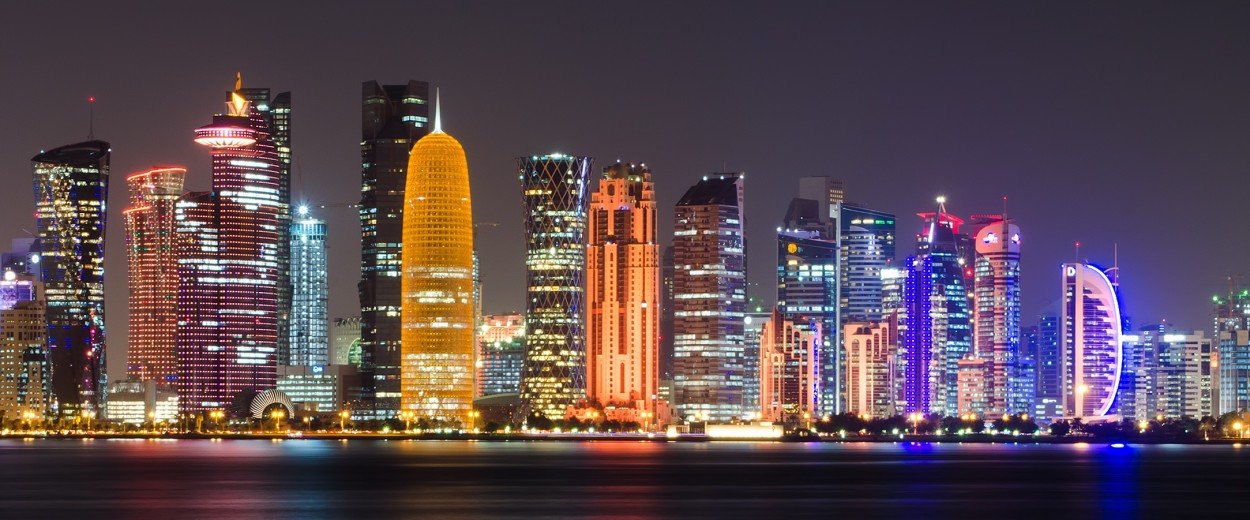
09 Feb With regard to the emergence of signs back to the 90th century about the work permit procedures
-
The return signals to the old system started to appear in work permit transactions, where there are no standards from the former Minister of Labor Mr. Omer Dincer, consider issuing the work permits. Permission to work was rejected with unclear statements due to “inappropriate economic conditions”. The lack of clarity in these statements opened the door to taking actions through a network of relationships in a manner that is not appropriate for our country.
We had the opportunity to suggest directly to the Minister to
Amend the legal regulations in this regard, aiming to regulate this problem, and after a short period of time, certain criteria have been defined. And it was started to grant work permission to the foreign employee in the company whose capital is 100,000 TL.
And it employs 5 Turkish employees for every single foreign employee. He also started doing all procedures via the Internet.
According to this situation he started to put clear reasons for the rejected work permit, for example: “rejected because requirement of 5 Turkish employees didn`t achieved “however, even though there are no changes in the standards of the evaluation in the current stage, Work permits are rejected in accordance with Article 9-A of the Work Permit Law due to “non-compliance with international labor policies”. This situation leads to opens the door to the aforementioned networks again, which weakens the confidence of foreign investors in the country
-
It is mentioned in the laws related to work and residence permits that “intermediary institutions” will be established, and that those wishing to obtain the necessary permission can review these accredited institutions and complete procedures through them, however, no steps have been taken regarding this yet. Although we have doubts about the functioning of these intermediary institutions and the size of the powers that will be granted to them, it may be beneficial if a fair system is created that protects all rights.






